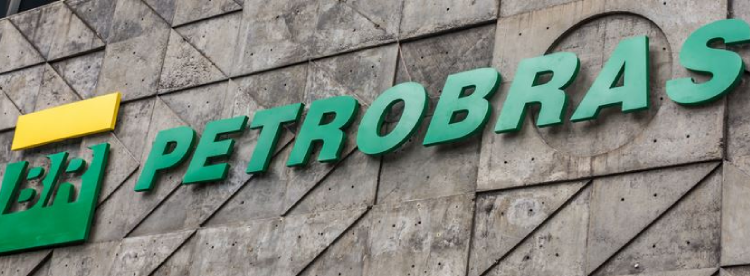The International Air Transport Association (IATA) is urging the Federal Government of Brazil and state oil company Petrobras to review the pricing mechanism of jet fuel in Brazil, which is one of the main challenges faced by the aviation industry in the country.
The price for jet fuel in Brazil is excessively high and does not reflect the reality of an oil producing country. “The monopoly position of Petrobras and the additional administrative costs charged by the supplier result in artificially inflated jet fuel prices. In addition, the government imposes a heavy tax burden on fuel for domestic flights, which further negatively impacts the sector’s competitiveness. Consequently, jet fuel represents around 40% of the total costs of national airlines in Brazil, while the world average is currently around 30%, at a time of unusually high prices globally”, said Peter Cerda, IATA’s Regional Vice President, the Americas.
He adds, “aviation is a vital sector for Brazil’s economy and social development. In 2022, the industry
contributed US$27.5 billion to the country’s GDP and supported 1.1 million jobs. Despite this, Brazil has a very low number of flights per capita, standing at 0.4 trips per year, meaning the average Brazilian barely takes one trip every two years. In comparison, the average American takes 2.6 trips per year, and the average Portuguese takes 4.5 trips per year. With a population of over 200 million, the potential to allow more Brazilians to fly is there but the high cost of jet fuel makes air travel too costly and prohibits more Brazilians from flying”.
By adopting global best practices, Brazil can boost its aviation sector and benefit from increased connectivity, tourism and trade. IATA is ready to engage with the relevant stakeholders and offer its expertise and support to join this effort and help more Brazilians access affordable air travel.



